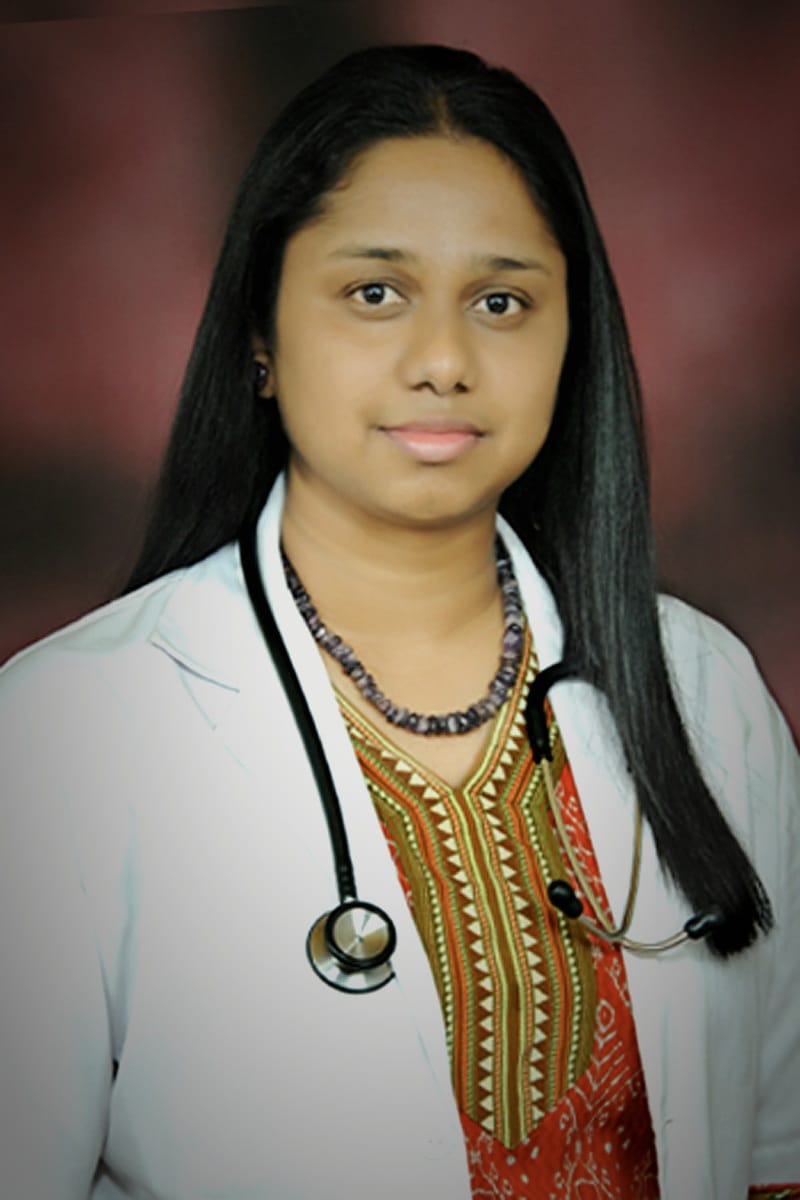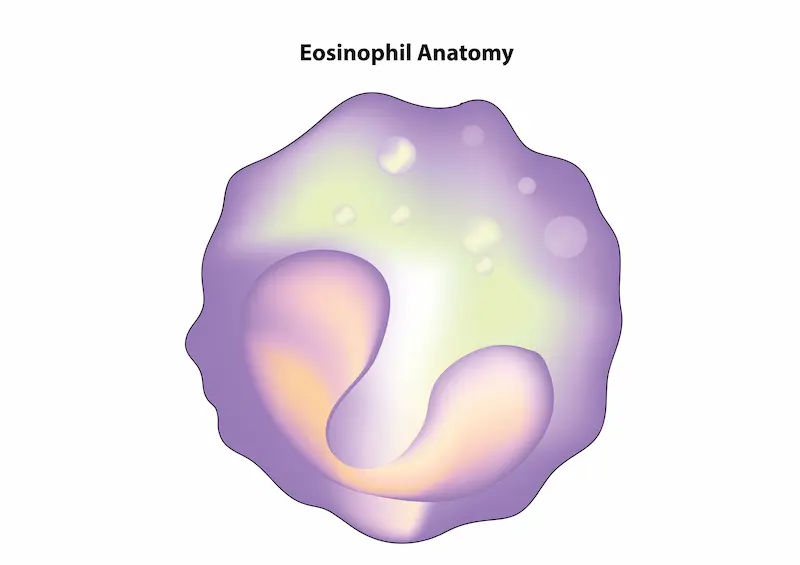Acromegaly and Gigantism Comparison
know what is acromegaly and gigantism, causes, symptoms, how it affects the health, diagnosis, treatment options and lifestyle tips to manage the condition.

Written by Dr. Vasanthasree Nair
Reviewed by Dr. Dhankecha Mayank Dineshbhai MBBS
Last updated on 13th Jan, 2026

Introduction
When it comes to growth disorders, Acromegaly and Gigantism are two conditions that often confuse people. While both are caused by excessive growth hormone (GH) production, they affect individuals differently based on when the hormonal imbalance occurs. Let’s break down these conditions in simple terms to help you understand their causes, symptoms, and treatments.
What Are Acromegaly and Gigantism?
Gigantism and acromegaly include:
Gigantism
Gigantism occurs when the body produces too much growth hormone during childhood or adolescence, before the growth plates in bones have closed. This leads to excessive height and overall body enlargement.
Acromegaly
Acromegaly happens when excess growth hormone is produced in adulthood, after the growth plates have fused. Instead of growing taller, bones and tissues thicken, leading to enlarged hands, feet, facial features, and organs.
While both conditions stem from overproduction of growth hormone, the timing of this hormonal imbalance determines whether a person develops gigantism or acromegaly.
Consult Endocrinologist for Personalised Advice
What Causes These Conditions?
The most common cause of both acromegaly and gigantism is a non-cancerous (benign) tumor in the pituitary gland, called a pituitary adenoma. This tumor secretes excess growth hormone, disrupting normal body functions.
Other Rare Causes Include:
- Tumors in other organs (e.g., pancreas, lungs) that produce growth hormone.
- Genetic conditions like Multiple Endocrine Neoplasia Type 1 (MEN1).
Symptoms: How Do They Differ?
Gigantism Symptoms (Childhood/Adolescence)
The symptoms include:
- Extreme height (often over 7 feet).
- Large hands and feet.
- Delayed puberty.
- Joint pain due to rapid bone growth.
- Weakness or fatigue.
Acromegaly Symptoms (Adulthood)
The symptoms include:
- Enlarged hands and feet (rings/shoes no longer fit).
- Facial changes (broadened nose, protruding jaw, thickened lips).
- Deepened voice.
- Snoring/sleep apnea due to enlarged tongue and airway tissues.
- Joint pain and arthritis.
- High blood pressure, diabetes, or heart problems due to organ enlargement.
Since gigantism affects children during their growth phase, they become unusually tall, whereas adults with acromegaly experience thickening of bones and tissues rather than increased height.
How Do These Conditions Affect Health?
Both conditions can lead to serious complications if untreated:
Gigantism Complications
- Skeletal deformities due to rapid bone growth.
- Vision problems (if the tumor presses on the optic nerve).
- Heart disease from excessive strain on the heart.
Acromegaly Complications
- Increased risk of heart disease, diabetes, and high blood pressure.
- Carpal tunnel syndrome (nerve compression in the wrist).
- Colon polyps (higher risk of colon cancer).
- Sleep apnea and breathing difficulties.
Early diagnosis and treatment are crucial to prevent long-term damage.
Diagnosis: How Are These Conditions Detected?
If a doctor suspects acromegaly or gigantism, they may recommend:
1. Blood Tests – To check growth hormone (GH) and insulin-like growth factor-1 (IGF-1) levels.
2. Oral Glucose Tolerance Test (OGTT) – Normally, GH levels drop after sugar intake; in acromegaly/gigantism, they remain high.
3. MRI Scan – To detect pituitary tumors.
4. X-rays (for gigantism) – To assess bone growth abnormalities.
If you notice unusual changes in growth or facial features, consult a doctor for evaluation.
Treatment Options
The goal of treatment is to reduce excess growth hormone and manage symptoms.
1. Surgery
- Pituitary tumor removal is the first-line treatment if the tumor is accessible.
- Success depends on tumor size and location.
2. Medications
- Somatostatin analogs (Octreotide, Lanreotide) – Reduce GH production.
- Dopamine agonists (Cabergoline) – Help lower GH in some cases.
- GH receptor blockers (Pegvisomant) – Block GH effects on tissues.
3. Radiation Therapy
- Used if surgery isn’t fully successful.
- Slow-acting but helps shrink the tumor over time.
Lifestyle & Supportive Care
Lifestyle and supportive care tips include:
- Regular monitoring of heart, blood sugar, and joints.
- Physical therapy to manage joint pain.
- Healthy diet & exercise to control diabetes and heart risks.
When to See a Doctor?
If you or your child experience:
- Unusual growth spurts (gigantism).
- Gradual changes in facial features, hand/foot size (acromegaly).
- Persistent headaches or vision problems.
- Unexplained joint pain or fatigue.
Early diagnosis improves outcomes, so don’t delay seeking medical advice.
Final Thoughts
While acromegaly and gigantism are rare, they can significantly impact quality of life if untreated. The key difference lies in when the hormonal imbalance occurs childhood (gigantism) vs. adulthood (acromegaly). With proper treatment, symptoms can be managed effectively.
Consult Endocrinologist for Personalised Advice
Consult Endocrinologist for Personalised Advice

Dr. Ramya Varada
Endocrinologist
10 Years • MD, DM
Chinagadila
Apollo Hospitals Health City Unit, Chinagadila
(150+ Patients)

Dr. Nilotpal Mitra
General Physician/ Internal Medicine Specialist
20 Years • MBBS, PGDGM ( Geriatric Medicine), ACMDC (an Advance course in Diabetes and cardiovascular diseases from PHFI and WHF )
Kolkata
MCR SUPER SPECIALITY POLY CLINIC & PATHOLOGY, Kolkata

Dr. Sushith C
General Physician
2 Years • MBBS
Bengaluru
PRESTIGE SHANTHINIKETAN - SOCIETY CLINIC, Bengaluru
Dr Sumanth R
General Physician
2 Years • MBBS
Bengaluru
PRESTIGE SHANTHINIKETAN - SOCIETY CLINIC, Bengaluru

Dr. Chaithanya R
Internal Medicine Specialist Diabetologist
16 Years • MBBS, MD Internal Medicine, Fellowship in Diabetes(UK), CCEBDM(PHFI)
Bangalore
Apollo Clinic Bellandur, Bangalore
(75+ Patients)
Consult Endocrinologist for Personalised Advice

Dr. Ramya Varada
Endocrinologist
10 Years • MD, DM
Chinagadila
Apollo Hospitals Health City Unit, Chinagadila
(150+ Patients)

Dr. Nilotpal Mitra
General Physician/ Internal Medicine Specialist
20 Years • MBBS, PGDGM ( Geriatric Medicine), ACMDC (an Advance course in Diabetes and cardiovascular diseases from PHFI and WHF )
Kolkata
MCR SUPER SPECIALITY POLY CLINIC & PATHOLOGY, Kolkata

Dr. Sushith C
General Physician
2 Years • MBBS
Bengaluru
PRESTIGE SHANTHINIKETAN - SOCIETY CLINIC, Bengaluru
Dr Sumanth R
General Physician
2 Years • MBBS
Bengaluru
PRESTIGE SHANTHINIKETAN - SOCIETY CLINIC, Bengaluru

Dr. Chaithanya R
Internal Medicine Specialist Diabetologist
16 Years • MBBS, MD Internal Medicine, Fellowship in Diabetes(UK), CCEBDM(PHFI)
Bangalore
Apollo Clinic Bellandur, Bangalore
(75+ Patients)




